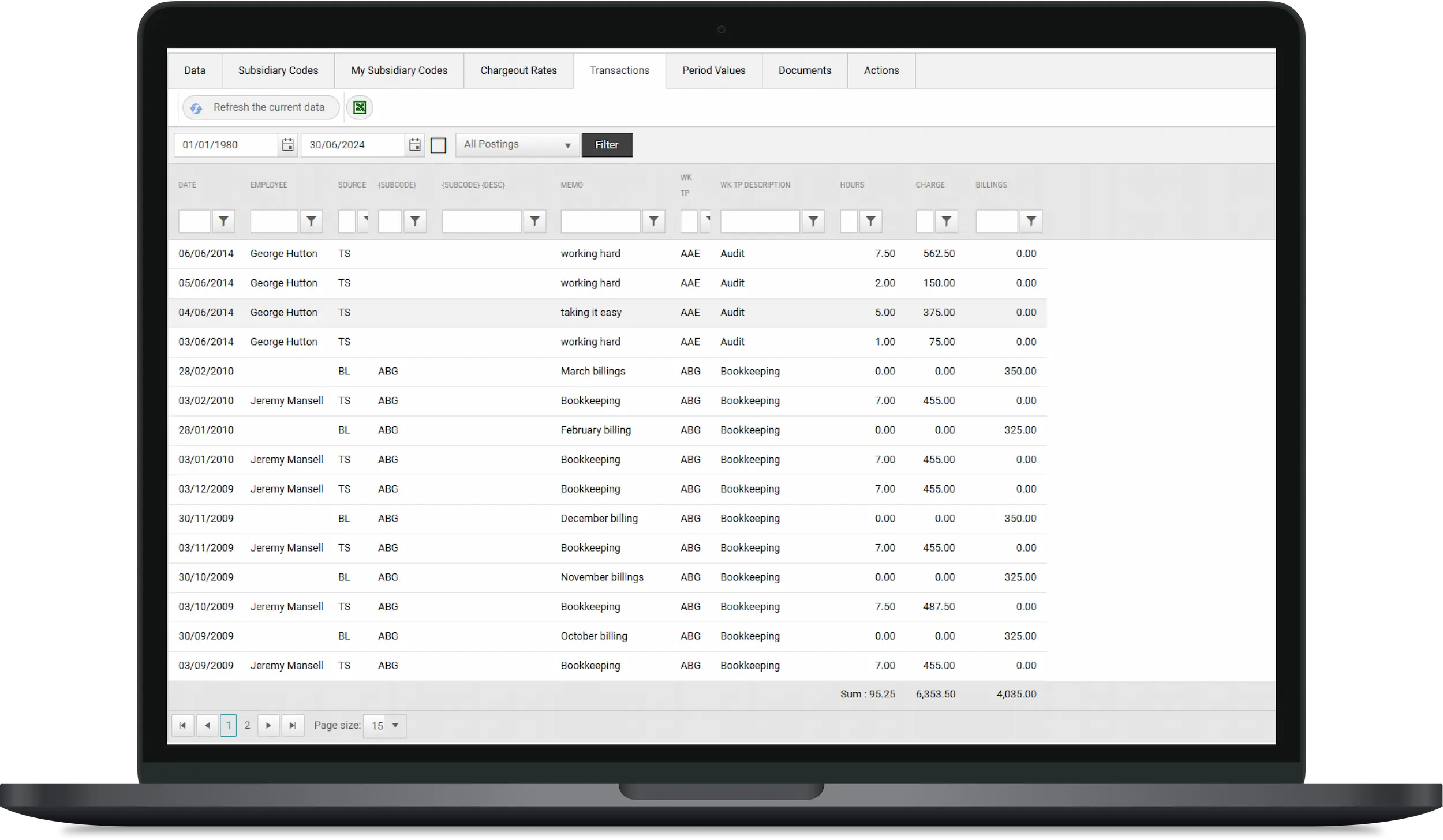Since the Covid-19 Pandemic, companies and businesses worldwide have begun to look closer at their approach to the typical work week. Whilst many companies navigate the hybrid model and work out what options work best for their business and staff, flexibility of time and employee wellbeing continues to be a prominent area of exploration.
How do companies and business managers meet their staff’s needs for more time away from the office, good pay, and well-being? The answer may not have arrived yet; however, the Four-Day Week Trial has commenced and is sure to be insightful.
What is the four-day week trial?
The Four-Day Week Trial began on 6 June 2022 as 3,300 employees within the UK began to work a four-day week with no reduction in pay for the next six months, This trial is implementing a 100:80:100 ratio which is 100% pay at 80% of the time and maintaining 100% productivity. The results of this trail are available here.
The trial has been organized by NPO 4 Day Week Global in partnership with UK’s 4 Day Week Campaign, Autonomy, Cambridge University, Oxford University, and Boston College. The researchers will assess each participant for how they respond to the following:
- stress and burnout
- health
- sleep
- energy use
- response to having a day off
- travel
- job and life satisfaction
- productivity
According to SHRM, the Four-Day Week Trial comes with a couple of options employers could choose from. For those who opted for “Gold” participants would be given a 32-hour week with the current pay. These hours could be spread out over five days or used within the set four days. The “Silver” option is a set 35-hour week over four days with no reduction in pay.
What are the challenges surrounding the four-day week trial?
Although it is clear to many businesses worldwide that flexibility is the way forward, the concern lies with the how. How do employers provide this flexibility without compromising on productivity and quality whilst maintaining employee job and life satisfaction?
According to Andrew Duncan, Partner and EMEA CEO, Infosys Consulting, properly structured policies around this time flexibility and employee trust is imperative to success. He continues to say that outlining such policies is vital to the success of the trial in order to ensure that quality does not decrease as a result of less working time. The impact on work-life balance and employee burnout is a major concern to both researchers and employers alike.
Other challenges to the four-day week trial include the following:
- Services such as emergency services, public transport, hospitals, etc require a seven-day week.
- Some people prefer the structured five-day week and even the added overtime
- The balance between staff needed and cost will shift and could even rise
What is the solution?
The Four-Day Week Trial is not the first trial of its kind to take place. Japan, New Zealand, and Iceland have run similar trials over the years. Belgium has given its people the right to a four-day week should they choose. Is this the answer to the work scene in the UK?
The answer may be a bit more complex. The main issue with the four-day week is its prescriptiveness and rigidity. It doesn’t cater for those days when employees have to go to a doctor’s appointment or their child’s school play. Employees are looking for flexibility to regroup after working long hours on a project or to have the flexibility to be with their family when it is needed.
The answer may lie more in employers extending trust towards their employees to work well and productively while at the office and manage their time accordingly. This flexibility may be more constructive than a hard and fast four-day week.


 Commercial Software Limited
Commercial Software Limited